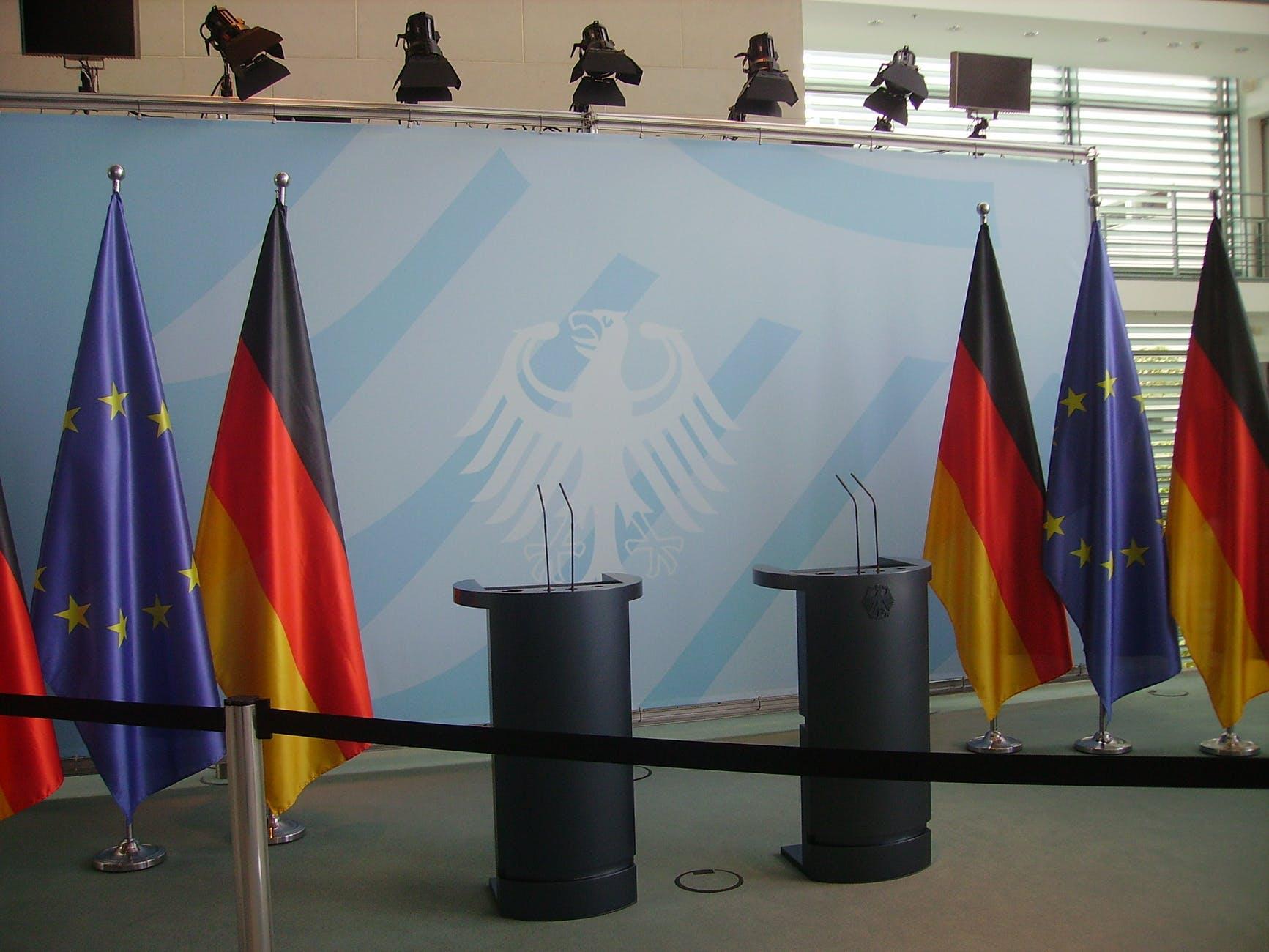blog
Wall Street Journal
Germany Shuts Door on Patent Trolls

Germany on Friday removed a legislative quirk that had made it a prime destination for globally active patent litigators who increasingly target fast-growing tech companies. Under the new legislation, courts examining a patent claim will conduct a proportionality check to decide whether an injunction would cause “undue hardship” to the alleged infringer or any third party. Ludwig von Reiche, IP2Innovate's board member told Wall Street Journal, that the law was an important step towards creating a better balance between patent and innovation protection. It remains to be seen how judges apply the new law, he added.
Share
Other press coverage

Managing IP
UPC take-up likely to be poor, say industry counsel
In its article on whether companies are likely to make use of the Unified Patent Court (UPC), Managing IP reports that implementers see the enforcement associated with the unitary patent as more of a threat than an opportunity due to the enormous number of applicable patents and therefore likely lawsuits for their infringement and associated defense.

Patrick Oliver
Statement in response to publication of the European Commission’s IP Action Plan
IP2Innovate welcomes the European Commission’s efforts to improve the IP landscape in Europe, in particular the emphasis on ensuring that the proportionality requirement in the granting of injunctions is met. However, the IP Action Plan outlined today needs to go further to address continuing abuses of the patent system.

IP2Innovate
IP2I welcomes the European Parliament's formal request, adopted today, calling on the Commission to investigate the practices of patent assertion entities in Europe.
Brussels, 11 November 2021 – The European Parliament has instructed the European Commission to investigate in-depth how PAEs, also known as non-practising entities, or more colloquially patent trolls, game the European patent system.
